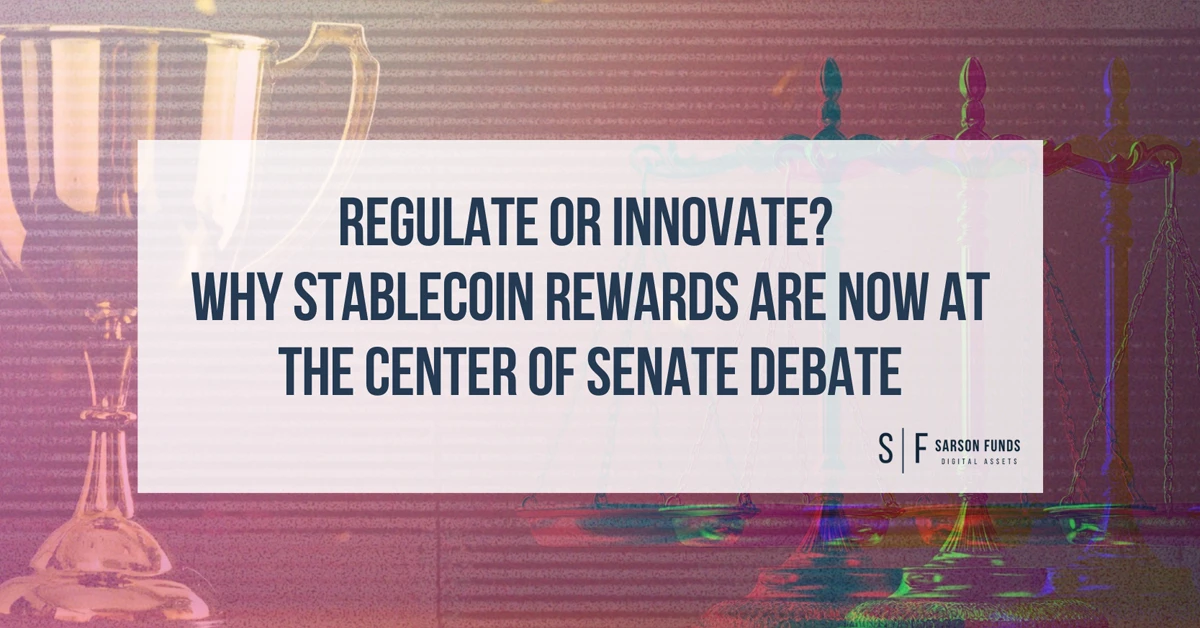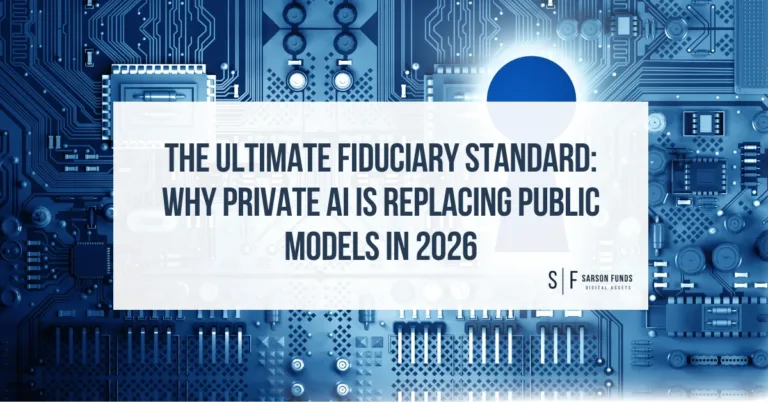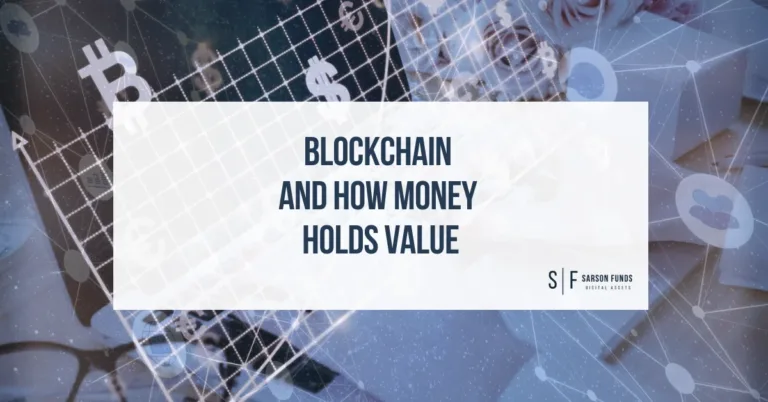
Key Updates:
-
- The GENIUS Act introduced a rewards mechanism for stablecoins through intermediaries, now under scrutiny.
- The CLARITY Act and the newly released RFIA draft could narrow or eliminate these rewards through proposed restrictions.
- Public campaigns, including from Coinbase, signal this is no longer a technical fight but a national policy flashpoint.
In mid-2025, U.S. federal policy on digital assets took a major step with the passage of the act commonly referred to as the GENIUS Act, which for the first time created a legal framework for “payment stablecoins.” However, a clause allowing “rewards” on stablecoins, when delivered by exchanges or wallet partners, has quickly become contested ground. The follow-on CLARITY Act (Digital Asset Market Clarity Act, H.R. 3633) and the Senate’s Responsible Financial Innovation Act (RFIA) now contain competing approaches to this issue. Coinbase and other stakeholders are mobilizing in response. This is not just a matter of interest payments. It reflects a deeper debate about how the U.S. intends to regulate digital finance without shutting down innovation.
This article reviews the legislative timeline, examines the rewards provision in detail, and compares it to similar moments in U.S. financial history.
Legislative Timeline: CLARITY, GENIUS, and RFIA
Date |
Event |
What it did / triggered |
Why it matters |
|---|---|---|---|
| May 29, 2025 | Introduction of CLARITY | H.R. 3633, the Digital Asset Market Clarity Act, is introduced by Rep. French Hill (R-AR) | Starts legislative push to define digital-asset market structure |
| June 2025 | Drafts of CLARITY released | New versions expand CFTC’s role, clarify token classifications, and propose intermediary duties | Raises stakes for exchanges, wallets, and DeFi platforms |
| June 17, 2025 | Senate passes GENIUS Act | 68–30 cloture vote advances the bill | Shows bipartisan support for a stablecoin framework |
| July 14–18, 2025 | “Crypto Week” in the House | Coordinated votes pass both GENIUS and CLARITY bills | Reflects momentum behind federal digital asset regulation |
| July 17, 2025 | House passes GENIUS Act | Final vote of 308–122 sends the bill to the president | Enshrines stablecoin issuer framework in statute |
| July 18, 2025 | GENIUS Act signed into law | Officially establishes the “permitted payment stablecoin issuer” category | Creates legal foundation for stablecoin regulation and reward ambiguity |
| September 5, 2025 | RFIA draft released | Senate Banking Committee publishes Responsible Financial Innovation Act discussion draft | Introduces new terms that could restrict or define stablecoin rewards |
| October 20, 2025 | Target date for RFIA markup; (Originally Sept. 30, 2025) | Senate leadership aims to revise and advance RFIA | Could determine how and whether rewards survive in final legislation |
GENIUS Act: What It Does and What It Leaves Unclear
What it does:
-
- Establishes a regime for “permitted payment stablecoin issuers.” Only entities licensed under qualifying federal or state regulatory frameworks may issue payment stablecoins in the U.S.
- Requires one-to-one reserves, public audits, anti-money laundering compliance, and consumer protections.
- Prohibits issuers from offering interest or yield directly.
- Leaves room for third-party “rewards” through platforms like exchanges or wallet providers. The statute does not clearly ban these rewards. Critics describe this as a loophole, while others argue it reflects a compromise designed to preserve industry flexibility.
- Defines a transition window. Compliance obligations begin either 18 months after enactment or 120 days after final rules are issued.
What it doesn’t do:
-
- It does not specify whether intermediaries offering rewards must meet the same obligations as issuers.
- It does not clarify if future legislation can restrict this reward structure.
- It leaves enforcement and interpretation up to regulators, likely through forthcoming rulemaking.
Why Rewards Became the Flashpoint
Stablecoin rewards refer to incentives offered by exchanges, wallets, or custodians to users holding stablecoins, often structured to resemble interest without being labeled as such. Because the GENIUS Act bans direct yield from issuers, intermediaries are now the only legal channel for yield-style benefits.
Industry stakeholders advocated during negotiations for intermediaries to retain some flexibility on user-facing incentives. Major trading platforms argued that restricting all rewards would make stablecoins less competitive than traditional deposit products. Legislators from fintech-friendly districts pushed to keep that flexibility intact.
Banking associations, including the Independent Community Bankers of America (ICBA), have voiced opposition, arguing that such rewards resemble indirect interest and undermine the regulated deposit system. Behind this argument is a fundamental concern: if stablecoin users can earn yield outside of banks, deposits could shift away from traditional financial institutions. This would reduce banks’ access to low-cost capital, limiting their ability to lend and weakening a key profit center built on earning interest from user balances.
Recent Developments: RFIA, Banking Lobby, and Coinbase Mobilization
In early September, the Senate Banking Committee released a discussion draft of the Responsible Financial Innovation Act (RFIA), which proposes a comprehensive regulatory framework for digital assets. The bill introduces new terms such as “ancillary assets” and “gratuitous distributions,” which could influence how stablecoin rewards are interpreted legally. While there is currently no explicit legal ban on platforms or intermediaries offering these rewards, banking groups are actively pushing for such language to be added. Their argument is rooted in the view that ancillary assets have historically been used to define commodities, not yield-generating instruments.
At the same time, Senate leadership has targeted September 30 for a markup session, though there is internal disagreement about whether the bill is ready. Banking lobbyists are reportedly working to include more direct restrictions on reward-like incentives. These developments suggest the rewards issue is not just unresolved but actively in flux.
Coinbase has urged its users to contact senators, warning that banking groups are advocating for restrictions on crypto rewards. This shows that the rewards clause is now a public-facing campaign issue, not just an internal regulatory matter.
What Licensing Under GENIUS Requires
Licensing and oversight for permitted stablecoin issuers is divided among federal banking agencies, including the OCC for nonbank issuers and agencies like the Federal Reserve and FDIC for insured institutions. State agencies may regulate smaller issuers if their frameworks meet federal standards, as reviewed by a committee including the Treasury Secretary.
To qualify as a permitted issuer, firms must:
-
- Maintain full reserves in eligible cash or safe assets
- Undergo independent audits and public disclosures
- Implement strong AML, consumer protection, and operational risk frameworks
Non-issuer platforms like wallets and exchanges may not need a GENIUS license, but their ability to offer rewards remains in limbo depending on how CLARITY and RFIA resolve.
Historical Comparisons: What This Shares With Traditional Finance
-
- Mutual funds in the 1940s and 1950s raised questions about what counts as yield versus capital gain.
- Broker-dealers had to navigate strict lines between transactional services and interest-bearing accounts.
- Credit card rewards have long existed in a gray area between user incentive and monetary return, leading to consumer protection oversight.
- Money market funds and sweep accounts blurred the lines between deposit accounts and investment vehicles, prompting rule changes to close regulatory gaps.
Each of these episodes shares similarities with the current stablecoin debate: when new instruments resemble existing financial products, regulators must decide whether to adapt old rules or establish new ones.
Conclusion: Beyond Yield, Toward Policy Control
The dispute over stablecoin rewards is no longer a footnote in legislation. It has become a central battleground over how financial control, innovation, and competition will play out in the U.S. digital-asset economy. The coming weeks could determine whether platform-based rewards remain permissible, become more restricted, or are phased out by regulation.
Disclosures: This article is for informational purposes only and should not be considered financial, legal, tax, or investment advice. It provides general information on cryptocurrency without accounting for individual circumstances. Sarson Funds, Inc. does not offer legal, tax, or accounting advice. Readers should consult qualified professionals before making any financial decisions. Cryptocurrency investments are volatile and carry significant risk, including potential loss of principal. Past performance is not indicative of future results. The views expressed are those of the author and do not necessarily reflect those of Sarson Funds, Inc. By using this information, you agree that Sarson Funds, Inc. is not liable for any losses or damages resulting from its use.









